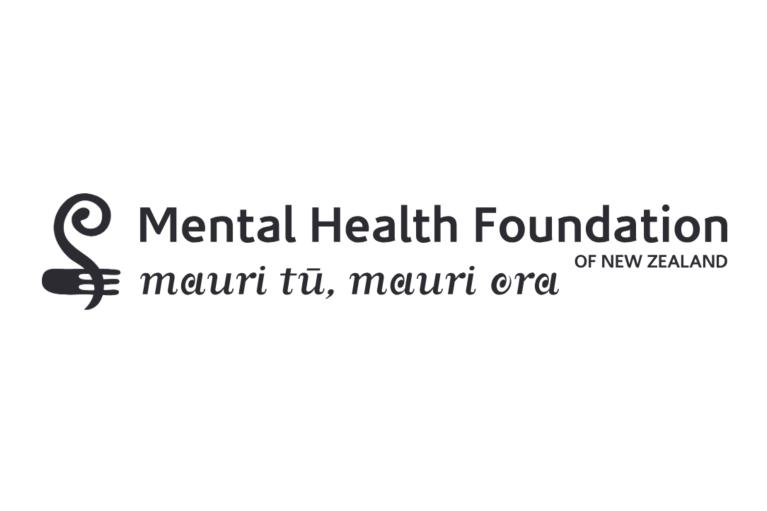Key points about self-harm
- self-harm includes a set of behaviours such as cutting, burning, hair pulling, punching and overdosing
- self-harm is becoming more common amongst rangatahi (young people)
- there are many reasons why people engage in self-harm - most commonly, it is a response to being emotionally overwhelmed
- if your young person tells you, or if you find out they have harmed themself, the most important thing to do is not to panic
- speak with them, try and understand what has been going on in their life and what thoughts they were having
- ask your child if they would be open to learning other, safer ways to manage their feelings, including getting support from a health professional
What is self-harm?
Self-harm is becoming more common amongst rangatahi in Aotearoa New Zealand, and other countries in the Western world. In recent years, around a quarter of rangatahi in Aotearoa New Zealand, have been found to engage in these behaviours.
Self-harm can take many forms, including:
- cutting
- burning
- hair pulling
- punching
- overdosing
Sometimes, behaviours such as dangerous drinking, dangerous driving and sexual risk-taking can also be forms of self-harm.
How many young people self-harm
The Youth 2000 study is a random sample of all high school students in New Zealand. It gathers information from young people about many topics that affect their lives through an electronic survey.
Youth 2000 gathered information in 2001, 2007 and in 2012. One of the questions asked was about self-harm. These were the percentage of young people who said that they had harmed themselves in the last two surveys:
| 2007 | 2012 | |
| Male | 15% | 17.9% |
| Female | 26% | 29.1% |
The results show that girls self-harm more than boys and there have been increasing numbers of boys and girls self-harming in New Zealand high schools between 2007 and 2012.
Why people self-harm
There are many reasons why people engage in self-harm. Most commonly, it is a response to being emotionally overwhelmed when stressful things occur.
Rangatahi may use self-harm as a coping strategy to manage overwhelming feelings that happen with life experiences. It is usually a coping strategy rather than a permanent way of solving a problem. But, self-harm should always be taken seriously as 30% of people who deliberately self-harm can die from this.
Other reasons why people self-harm, include:
- to cope with stress and anxiety
- as a physical expression of emotional pain
- to feel something when they feel numb (may be part of depression)
- to express hate against themself
- because of guilt and self-punishment
- because it has become a habit
- to distract from intrusive thoughts
- to try and make other people listen to them
- to copy a friend
- to feel good
- as part of an illness like borderline personality disorder, schizophrenia, or depression
How to help if your child is self-harming
Don't panic
The most important thing to remember is DON'T PANIC.
If you keep calm and are reassuring, then your young person will have much more confidence to tell you more. It is very important to encourage talking as it is a much better way to help the intensity of emotions than to self-harm.
Listen
The next most important thing to do is to LISTEN. If your young person tells you, or if you find out that they have self-harmed, talk to them about it. Try and understand what has been going on in their life. Ask them what thoughts were going through their mind at the time they engaged in self-harm and thank them for their openness. Listen carefully for the answer and then ask them how they would like you to help.
Acknowledge the emotions they are feeling - never belittle them or tell them not to be stupid as these will make them feel worse and more likely to continue harming themselves.
Talk to them about what might be helpful
Ask your child if they would be open to learning other, safer ways to manage their feelings. Ask if they are open to having additional support from a health professional. Then, help them access this support. If they do not wish to speak with anyone else, you could suggest some further talking together. You could encourage them to try some online interventions or apps to learn better ways to manage their feelings.
As a parent or caregiver, you can always talk to a health professional such as a GP, counsellor or mental health therapist, yourself to learn more about how to support your young person.
Spend time with them
After learning about self-harm and working out how best to help them, make a plan to spend more time with your young person. This will continue to feel supported by you and know that you remain interested in their life. Simple things like having a coffee date, going for a walk, going to the movies or watching TV together are very helpful, especially if done regularly. You can agree on how often you check in with them so they don’t feel you are ignoring them or being overbearing.
Where to go for help if your child is self-harming
It may be helpful to talk to a health professional, a school counsellor or a mental health professional in your area. There is also lots of great information online - see the links at the bottom of the page.
Even if you feel scared or frustrated by their behaviour, try to take deep breaths, remain calm, and work with other available adults to offer your child the support they need.
Seek medical help if you are worried
Seek medical help if you are worried about your young person's injuries or if they have taken an overdose. Depending on your level of concern, either:
- contact your GP clinic or
- call your local mental health crisis assessment team or
- go to the emergency department (ED) of your nearest hospital or
- dial 111 within New Zealand (use the appropriate emergency number in other countries)
If you can't get in to see a health professional at your GP clinic, free call or text 1737 (in New Zealand) at any time for support from a trained counsellor.
Helplines for your child or teen

For a listing of helplines you, your child or teen can call, see the Mental Health Foundation website.
Helplines & Mental Health Support Services
An app to help young people learn more healthy coping skills

Whitu is an app which teaches self-help skills to young people aged between 16 and 25. The app provides users with a 7 day plan which includes strategies to help them reduce anxiety and improve their wellbeing. The app is targeted at New Zealanders and uses a holistic approach to wellbeing. It helps with skills such as goal setting, relaxing, being kind to oneself and looking after your body. Whitu 7 ways in 7 days is available for download from the App Store and Google Play.
